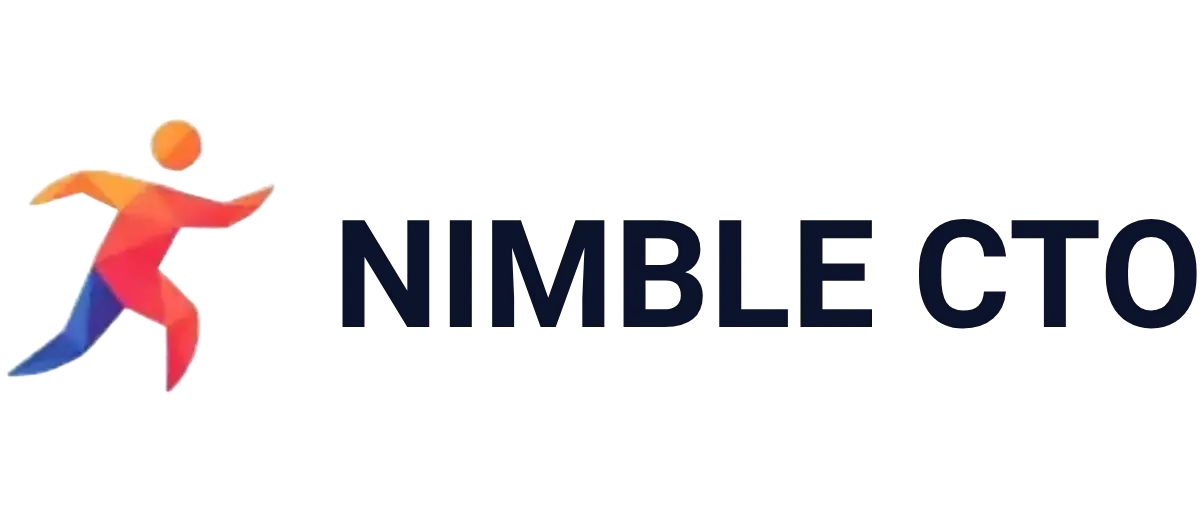A few years ago, I asked an experienced, technically-savvy friend to look at the product that we were building and objectively let me know his thoughts. He quickly pointed out that while he was initially impressed with the array of features and power, after about an hour of use his head exploded. He went on to point out that one of the great things about Twitter was that it basically does one simple thing with broad, mass appeal; a very difficult accomplishment derived directly from a clear strategy and laser focus. Alternatively, lack of strategy and poor discipline often leads to building the kitchen sink in hopes that you hit on the one simple thing. Ouch, the truth hurts sometimes.
Another guy once said: “That’s been one of my mantras – focus and simplicity. Simple can be harder than complex: You need to work hard to get your thinking clean to make it simple. But it’s worth it in the end because once you get there, you can move mountains.” – Steve Jobs.
Trying to do everything at once probably means that nothing will be done well, it is contrary to the fail-fast approach, it is counterproductive to being a nimble startup and it is nearly impossible to craft a message that will make your offering stand out. Can you think of a single super successful company – Walmart, Apple, Google – that launched with a broad focus? It’s great to dream big, but your startup needs a laser focus in the beginning to get market and investor attention.
Here are the common sense reasons why a laser focus is more likely to lead to startup business success:
Lead the market with innovation first. Market leadership isn’t a one-time event, continuous innovation is critical and time consuming. Your competitors will innovate and blow right past you if you fail to invest significant amounts of energy over the long term. It is easy to believe that pushing more products and features is innovation but it will dilute your focus, attention and depth of your expertise which is a sure fire formula for losing your market leadership position.
Time to market is critical. Broad strategies within a resource limited startup environment takes too much time to build the supporting processes and products. Seems obvious, but lack of strategy, fear of picking the wrong path, unwillingness to start small and build often lead to lack of focus. Meantime, small focused nimble competitors will appear, cross the chasm and seize your business opportunities while you are off whale hunting.
Time to market’s cousin, be nimble. Pick your cliche – fail fast, pivot, dodge and weave. Don’t build a business in a lab. Get into the marketplace quickly with the minimally valuable, high quality product, learn and go fast from there. If you bring a big, do everything product to the market you will be crushed by its weight and cost.
Quality does matter. I did not say quickly bring a total piece of garbage to the market and expect customers to use it enough to care to let you know what you need to do next. The more you try to do in parallel, the harder it is to maintain quality. There is a very old adage – time, quality, cost – pick two. I pick time and quality. Without focus, it will be expensive. Startups can not afford expensive – so stay focused to keep your cost under control. The dot com days of raising tons of money and spend like a crack monkey are way over.
Personal bandwidth is limited. When a business doesn’t have focus, it quickly become complex – the team loses track of priorities, becomes tired and tends to lose motivation followed by giving up. Laser focus is easier to manage, communicate and is more likely to result in quality results quickly.
Finally, focus on exploiting strengths and achieving success rather than resolving weaknesses and avoiding problems. Conversely, focusing on the wrong things will result in a downward business spiral. When applied appropriately, focus will result in rewards exceeding your expectations. Most customers are only looking for one thing at a time. After you saturate the market with your focused offering, then you will have the time and resources to broaden your offering. Don’t give up your grand vision, since no investor will buy a one trick pony, but also don’t try to be everything for everyone on day one.



No responses yet